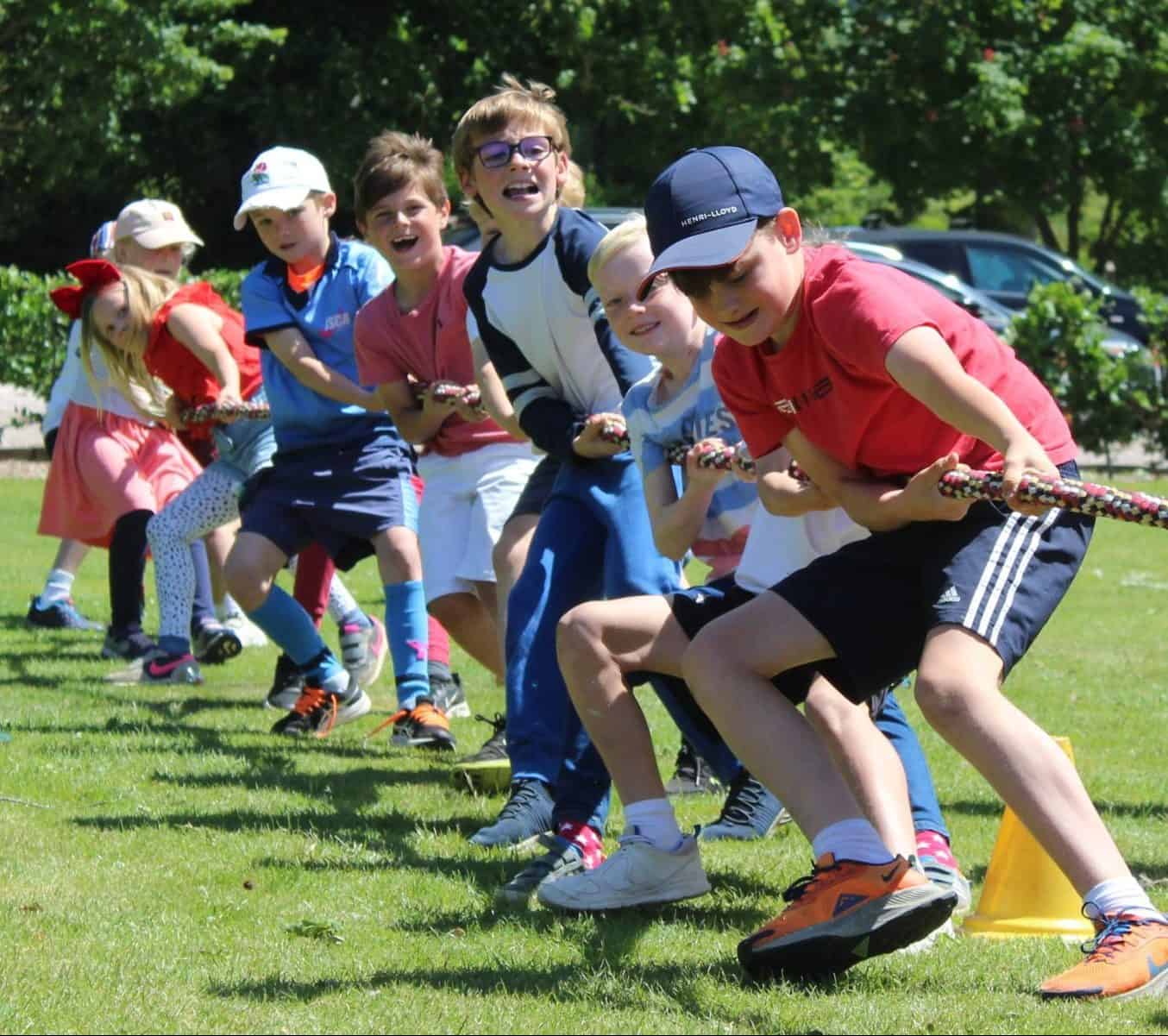Everyone has a natural love of competition, which is why it’s important to take advantage of it! The best part of competition is that it’s fun, but only when it’s fun for everyone.
We highly encourage pupils at our private school in Devon to achieve in all aspects of their education. Still, we understand that excessive competitiveness can lead to children displaying aggressive behaviours or signs of stress from overwhelming pressure.
In this blog, we will share how to ensure that competition remains a rewarding experience for children.
How Competition Helps Motivate Your Child
Competition isn’t an inherently bad thing. As children tend to have a lot of energy, they need an outlet. This is why competition, in moderation, can provide benefits, such as:
- Reducing aggression
- Setting goals
- Inspiring a sense of ambition and determination
- Encouraging exercise
These are vital elements for preparing your children for adult life.
How to Keep Competition Beneficial for Children
In order to make sure that competition remains a healthy activity for your children to participate in, there are a few things that you need to consider.
1. Establish the Rules
Nearly every form of competition requires rules or general guidelines. While lawless chaos can be fun and freeing, younger children especially need to understand why rules are important.
Whether you’re playing board games, engaging in art, science, mathematical contests or sports, rules can help your child to understand when to take turns and how to respect other players.
In addition, it’s crucial to firmly establish that rudeness and violence are always unacceptable, no matter the activity.

2. Monitor Your Children
Outdoor play is great for giving children a space where they can feel free and independent. However, it’s still important to keep an eye on your children’s activities where you can, especially if they are engaging in something that requires a lot of rules.
We understand that parents lead busy lives and can’t always be there to monitor such activities, so flexi-boarding may be a good option for your children. For example, pupils are always guided by expert coaches and PE teachers when participating in our variety of sports to ensure that every activity remains safe and enjoyable.
3. Encourage Team Activities
Children can benefit immensely from sports, both in terms of physical fitness and discovering a sense of independence. However, going solo isn’t always the best route.
Team efforts can create strong bonds between members, which is why team sports are so valuable for that collective sense of achievement. This doesn’t just go for sports activities, but also things like quizzes and video games.
A shared experience will advance social skills, illuminate the joys of sharing, promote empathy and even make losses easier.
4. Get to Grips With Loss
Disappointment is a perfectly natural response to losing, but it’s also an important life lesson. Failure can teach children to empathise more with others and how to overcome such problems in the future.
Children learn a lot from their parents, so if you visibly react to failure as if it’s a terrible thing, this can inadvertently teach your child to fear failure a little too much. Whatever the outcome, celebrate their efforts.
That being said, a dismissive attitude doesn’t help either. Younger children don’t have the scope of experience adults do to understand that momentary loss is only that: momentary.
A little reassurance and empathy can go a long way. Try sharing some examples of times when you lost something that you really wanted to win.









